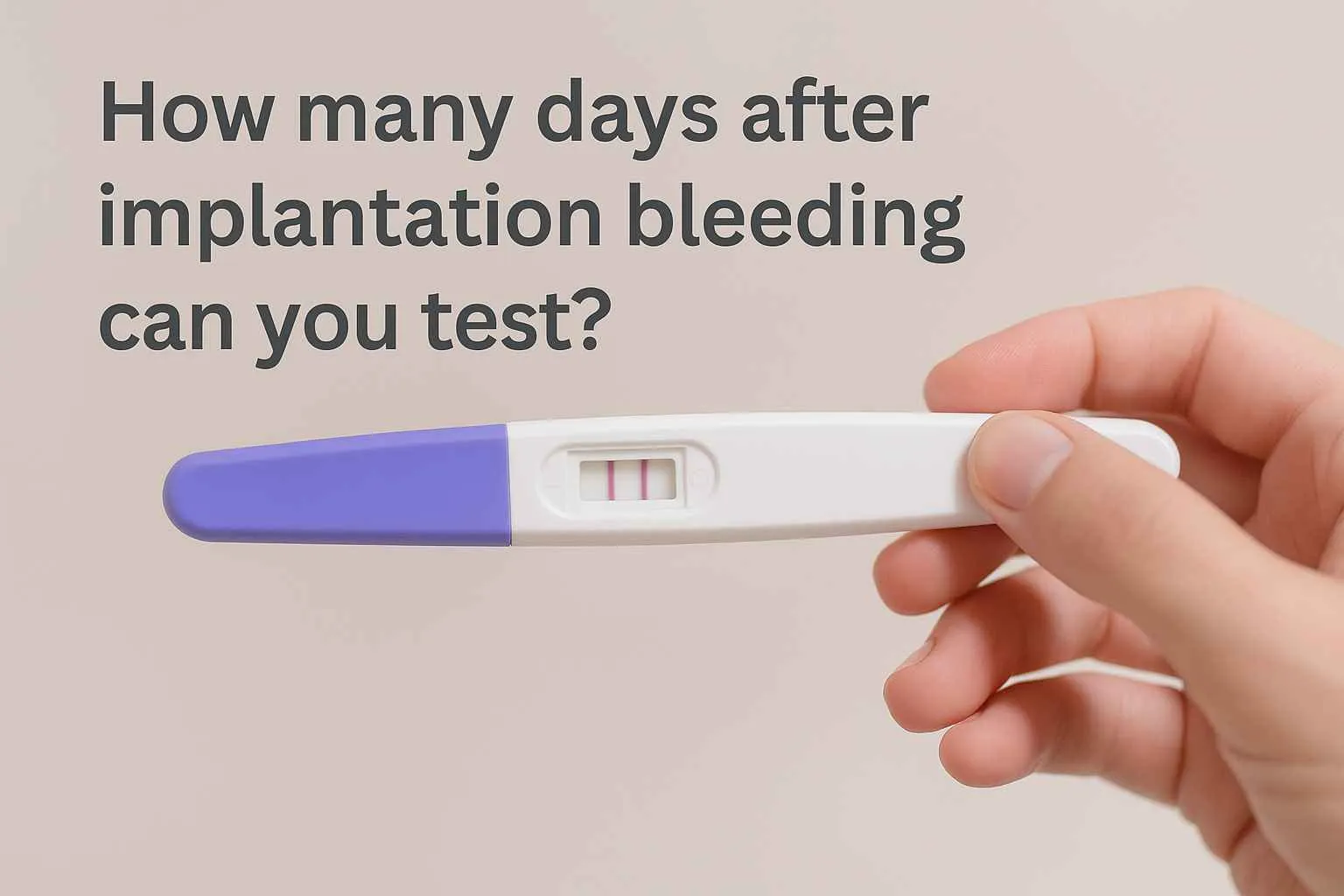What is prenatal screening?
Though most pregnancies progress normally to deliver healthy babies, there exists a small chance that a baby might have a genetic disorder or a physical anomaly like a neural tube defect. Prenatal tests assess whether a developing foetus has any such abnormality.
However, prenatal screening tests are not 100 per cent accurate; they only tell about a chance that a condition may be present in the baby. The results of prenatal screening tests are interpreted as follows:
- A 'positive' test means that the risk of having the condition tested for is above the threshold. Additional diagnostic tests like amniocentesis are offered to the woman to confirm the risk.
- A 'negative' test screen shows that the risk of having the particular condition is below the threshold. It means that it is unlikely the baby will have the condition; diagnostic tests are not carried out in such a case.
Types of prenatal screening tests
There are different tests conducted at different stages of pregnancy; tests are also determined by the pregnant woman's medical history and age. The following tests are carried out as part of prenatal screening:
- Nuchal translucency (NT) ultrasound scan between the 11th and 13th week of pregnancy.
- Human chorionic gonadotropin (hCG) levels - hCG hormone is produced by the placenta formed during pregnancy. Its levels are exceptionally high in case of twins or multiple babies. However, high levels of hCG in blood are also indicative of chromosomal anomaly in the baby like Down syndrome.
- Alphafetoprotein (AFP) screening - AFP testing is a blood test that can indicate the risk of neural tube defect like spinal bifida (deformed spinal column) or anencephaly (complete or partial absence of brain) in the baby. It is also indicative of Down syndrome.
- Glucose testing - Blood glucose levels are screened during pregnancy to check for onset of gestational diabetes.
- Amniocentesis - The test involves taking out of amniotic fluid sample to look for genetic or chromosomal anomalies in high-risk women (aged over 35 and/or with family history of genetic disorder).
- Chorionic Villus Sampling (CVS) - CVS is similar to amniocentesis but carried out earlier in pregnancy or in case there is insufficient amniotic fluid.
- Foetal blood sampling (Cordocentesis or percutaneous umbilical cord sampling) - Foetal blood is directly collected from the umbilical cord to check for signs of low oxygen or anaemia in foetus, and maternal antibodies that could harm the foetus.
- Ultrasound - Ultrasounds are conducted at different stages of pregnancy to monitor baby's growth. Ultrasounds can also detect genetic or physical abnormalities like irregular spine development, heart defect, cleft lip, etc. As the pregnancy progresses, level 2 ultrasounds or anatomy scans are carried out to view the growth of various organs of the baby like the heart, kidneys, brain, sex organs, etc. Anatomy scans are mostly performed in the second trimester (between 18 and 22 weeks).
What happens after prenatal screening?
Prenatal screening is optional, but if one does go ahead with it, the results may require making informed decisions regarding the pregnancy and prenatal care. Below are few things to consider post results:
- A positive test result - While negative tests can ease anxiety, a positive screening for a disorder requires the couple to decide if they want to continue the pregnancy and plan the baby's care in advance.
- Risks involved - Tests can cause anxiety, pain and even miscarriage.
- Meeting with a genetic counsellor - A genetic counsellor can help a couple interpret the results, clarify how a condition could affect the baby's life, and discuss the various treatment options after birth.
Best Gynaecologists in Delhi NCR, Kolkata, Mumbai Region, Hyderabad, Chennai
Sources:
"Prenatal Screening," The Society of Obstetricians and Gynaecologists of Canada (SOGC), https://sogc.org/publications/prenatal-screening/ "Prenatal testing: Is it right for you?" MayoClinic.com, Mayo Clinic Staff, https://www.mayoclinic.org/healthy-living/pregnancy-week-by-week/in-depth/prenatal-testing/art-20045177?pg=1 "Prenatal testing: Quick guide to common tests," MayoClinic.com, Mayo Clinic Staff, https://www.mayoclinic.org/healthy-living/pregnancy-week-by-week/in-depth/prenatal-testing/art-20045232

Reviewed by







